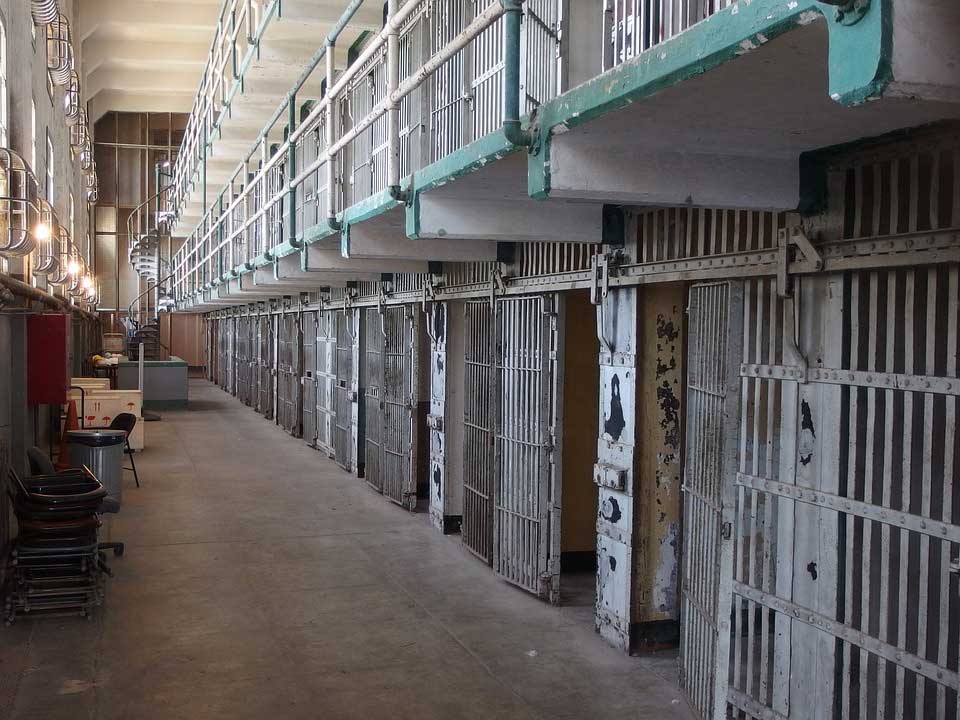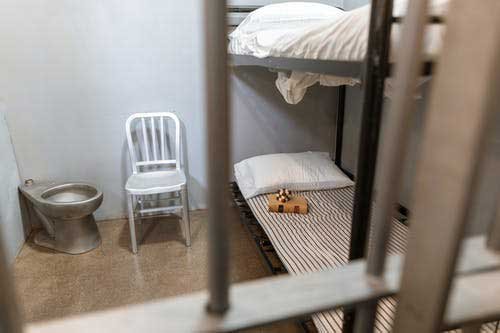Japan’s prison system is strict yet unique. The purpose of the law in Japan is not primarily to punish the offender but rehabilitate them.

The different rules and regulations of this country assist any prisoner in becoming a valuable citizen of the nation.
Today we will learn who are considered criminals in Japan and what strict rules they must follow in prisons. Here’s every little detail of Japanese correctional facilities.
What is a Prison Like in Japan?
Prisons in Japan are well organized and maintained. It’s mainly focused on rehabilitation other than giving criminals brutal punishment.
There are tight schedules for the inmates that include daily study, exercise, and labor. The buildings are neat and clean. The offenders wear unique uniforms. Inmates must have to abide by each rule.
The inmates also get some advantages, like getting proper mental treatment, regular health checkups, and educational and professional options.
Although punishments also exist in the prison system of Japan, their main objective is to rehabilitate the inmates to make them valuable citizens in the future.
Which Prisons in Japan are for Housing Advanced Criminals?
Japan has high-security correctional facilities. Prisoners in such facilities are kept there for less than ten years.
Generally, offenders who have been involved with criminal organizations for years and have the potential to become a threat to society are housed here.
There are two such facilities in Japan’s Tokyo and Kanagawa. The inmates are kept under harsh discipline and restricted from making contact with the outside world.
They also have to join psychological counseling and academic programs to develop their mindset positively.
Which Prisons in Japan are for Low-risk Criminals?
The majority of correctional facilities in Japan are for Low-risk offenders like people who violated traffic laws. Such prisons are usually called public prisons.
In Japan, general prisons are built to offer offenders a controlled and orderly atmosphere where they can continue their activities, like doing jobs or continuing studying, etc.
The prison assigns inmates various tasks, including manufacturing goods, cooking, cleaning, and other duties.
The correctional facility encourages offenders to pick up new skills and learn and practice them so that when they get free, there will be opportunities for them to live everyday life like others. Such a prison is “Chiba prison.”
How Many Penal Institutions in Japan?
As of 2023, there are 62 prisons in total in Japan. The juvenile prisons are 7. The number of juvenile classification homes is 52.
Juvenile training schools are also 52 in number. 10 detention houses, 50 probation houses, and 8 regional parole boards.
What is the Strictest Rule of a Japanese Prison According to Prisoners?
Have you ever thought of sitting in the same position for hours? The truth is you’ll get frustrated for sitting for hours, crossing your legs, and doing nothing. Yes, this is a weird rule of Japanese prisons that prisoners think is unbearable.
According to an ex-prisoner of Kosice, prisoners are put in a 6 square meter small room. They are ordered to sit the whole day until they have work to do. They can either keep sitting crossing legs or with Japanese style sitting.
Sitting like that for hours once led him to frustration, and he began to bang on the doors out of anger. He was then placed in a more confined room and didn’t have access to even do the writing. He and most Japanese prisoners like him think this is the worst punishment.
Final Words
Japanese prisons are strict. However, their complete penal system is praiseworthy. The criminals are bound to go through rules and regulations daily, which help them change their behavior, lifestyle, and mindset.
Many lawbreakers in Japan live a good life with a positive attitude after getting released, thanks to their primary focus on rehabilitation.






Pingback: Japan Women Prison’s facilities For Female Inmates